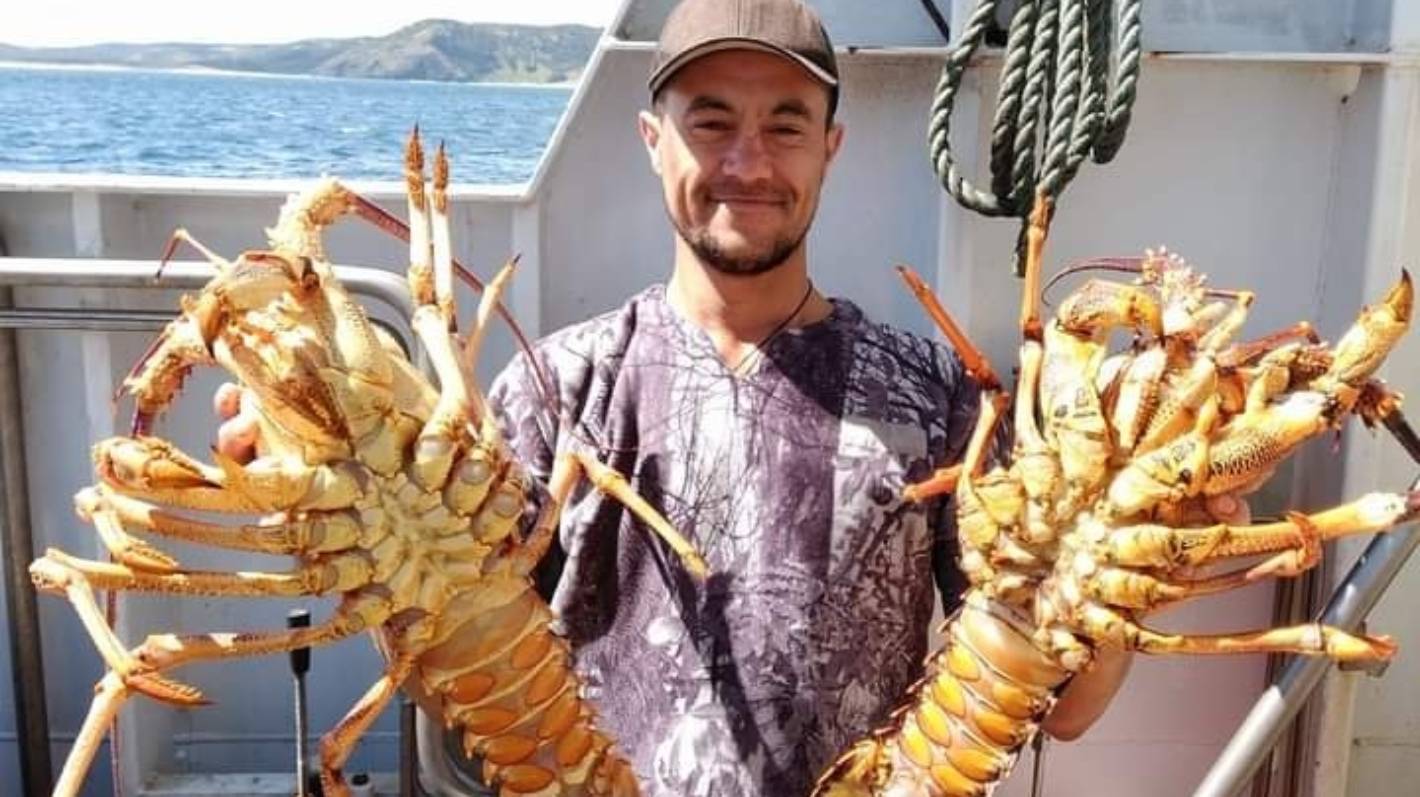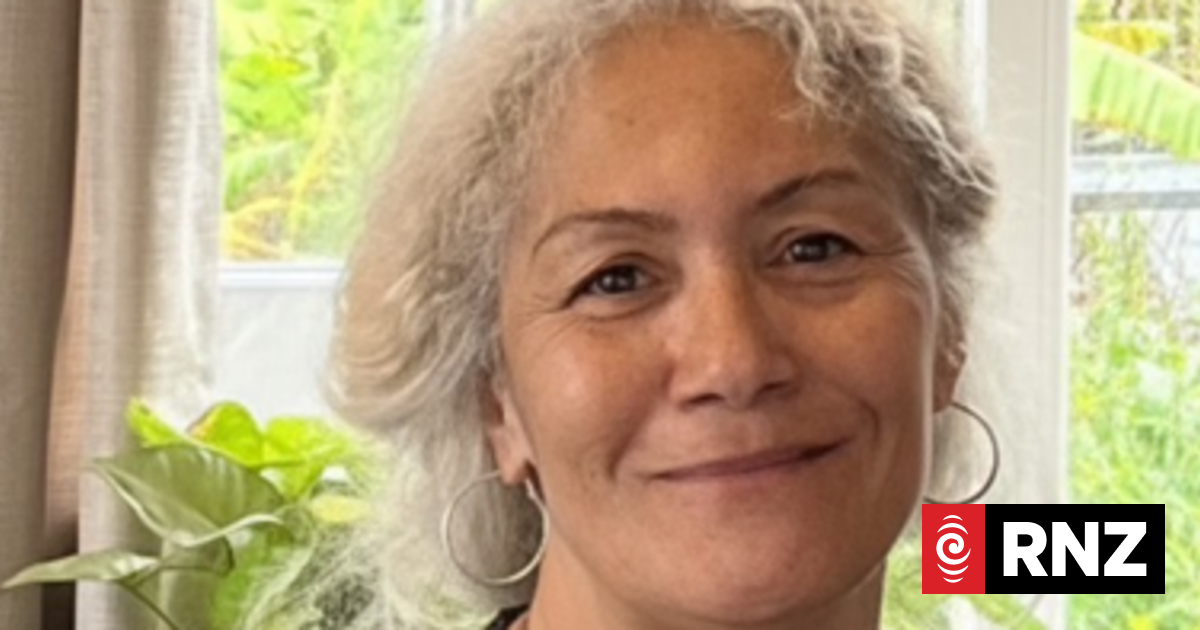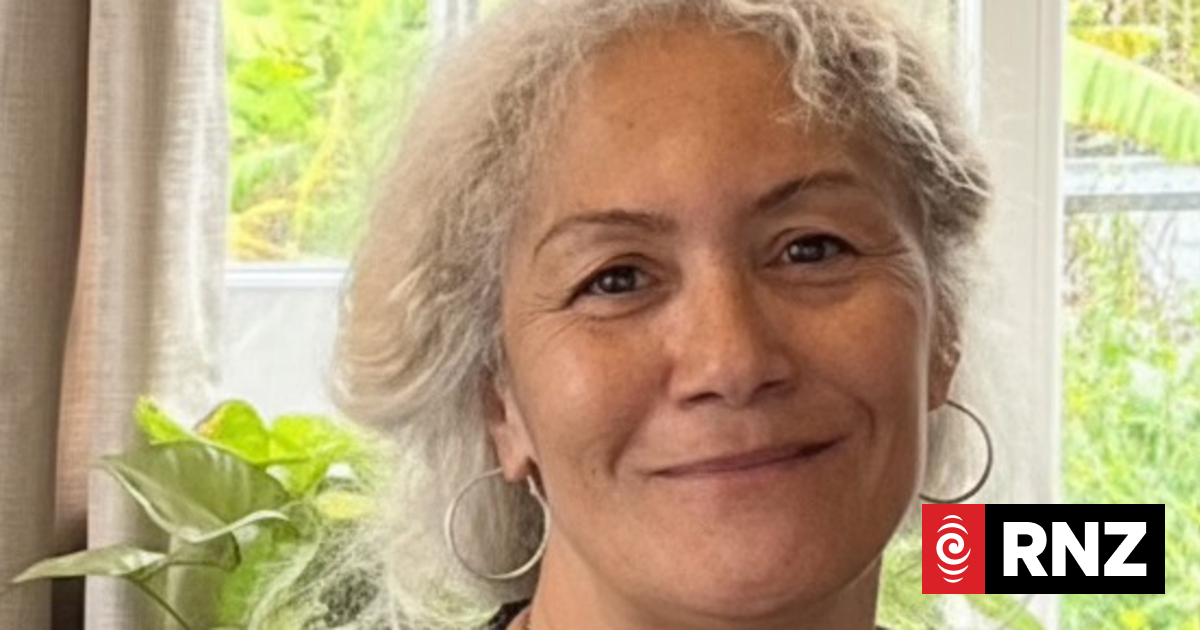Supplied
Jean Mahara Latimer, also known as Johnny, spent much of his time in and around the ocean, his sister said.
The family of a kayaker missing in Northland waters for three months are devastated his body has still not been recovered.
Jean Mahara Latimer, also known as Johnny, has been missing since heading out on his kayak from Aurere, in Doubtless Bay, on February 15.
A rāhui was placed over Doubtless Bay – prohibiting swimming, fishing and seafood collection – while emergency services searched for him. It was later scaled down to cover the southern entrance to the bay.
On Tuesday afternoon, three months after the rāhui was put in place, it was lifted by kaumatua from Ngāti Tara.
READ MORE:
* Search for missing Far North kayaker enters sixth day
* Rāhui placed over Far North bay as search for missing kayaker continues
* Search under way for kayaker missing off Doubtless Bay, Far North
But Johnny Latimer’s sister, Trystan Latimer, said a number of family members did not want the rāhui lifted yet.
The group, including herself, were still hoping to find his body, and she is asking people to still respect the rāhui.
Supplied
Johnny Latimer was the youngest of five children, and described as quiet and humble.
Latimer believed in the early part of the search, one of the search vessels spotted her brother’s kayak and a homemade buoy, which the body was caught up in, but the body was then lost.
“They got the buoy back, the kayak back but not Johnny.”
The whole incident had been a “rigmarole”, she said.
“The Coroner won’t let them [police] close the case because he hasn’t got sufficient evidence.”
Latimer said her brother has still not had a proper send-off, such as a funeral or memorial, and there were hundreds of people who wanted to say farewell to him in the proper way.
More than $2000 was donated to the whānau through a Givealittle page, to help support them during the search.
She hoped there would be some kind of technology available to help search for his body.
“It’s 2023 – there’s things that can search the bottom of the ocean. If they can find a submarine, I’m sure they can find a body.”
Latimer said one saving grace was that her brother, who she described as “humble” and “quiet”, had spent most of his time around the ocean and felt at peace when he was near it.
“He felt like he belonged [in the ocean],” she said. “He loved it out there.”
Superintendent Tony Hill, Northland District Commander, said police’s thoughts and sympathies are with Latimer’s whānau at this sad time.
“We acknowledge how difficult it is for whānau to mourn fully when a missing person is not recovered,” he said.
“LandSAR, police dive squad and a Navy survey and search team, who had specialist equipment, were all employed at times to recover the missing man. But unfortunately we were not able to successfully locate him.”
RNZ
The Detail’s Sharon Brettkelly spoke to Mundy at Omanu Surf Life Saving Club in Mt Maunganui about our dire drowning statistics and why Australia is ahead of New Zealand when it comes to tackling the problem. (First published February 8, 2022.)




